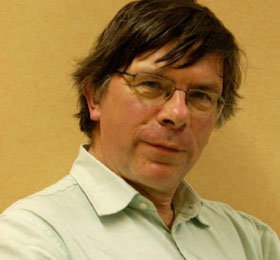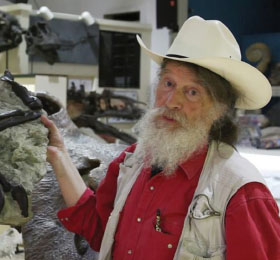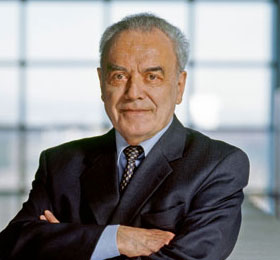Quotes
“Evolutionary biology rejoices in the diversity of life, but this comes at a cost: other than working in the common framework of neo-Darwinian evolution, specialists in, for example, diatoms and mammals have little to say to each other. Accordingly, their research tends to track the particularities and peculiarities of a given group and seldom enquires whether there are any wider or deeper sets of explanations. Here, I present evidence in support of the heterodox idea that evolution might look to a general theory that does more than serve as a tautology (‘evolution explains evolution’). Specifically, I argue that far from its myriad of products being fortuitous and accidental, evolution is remarkably predictable. Thus, I urge a move away from the continuing obsession with Darwinian mechanisms, which are entirely uncontroversial. Rather, I emphasize why we should seek explanations for ubiquitous evolutionary convergence, as well as the emergence of complex integrated systems. At present, evolutionary theory seems to be akin to nineteenth-century physics, blissfully unaware of the imminent arrival of quantum mechanics and general relativity. Physics had its Newton, biology its Darwin; evolutionary biology now awaits its Einstein.”
“There is absolutely no problem in combining a scientific career with being a person of faith. It is not obligatory. I do not think is essential, but it seems to me that, actually, the reason why I have a Christian faith is partly because I am convinced of the truth of the Gospels. I think what they said did happen, and you cannot ignore that. But correspondingly, as I have already indicated, I think science and religion have many things in common. Both are journeys of inspiration, both of them generate feelings of amazement, of astonishment, and make you think those things are incredible. And both of them invite you to think about new worlds.”
Career
Simon Conway Morris ) is an English paleontologist, evolutionary biologist, and astrobiologist known for his study of the fossils of the Burgess Shale and the Cambrian explosion. The results of these discoveries were celebrated in Stephen Jay Gould's 1989 book “Wonderful Life.” Conway Morris's own book on the subject, “The Crucible of Creation” (1998), however, is critical of Gould's presentation and interpretation.
He has held the Chair of Evolutionary Paleobiology in the Department of Earth Sciences, University of Cambridge since 1995. He is renowned for his insights into early evolution and his studies of paleobiology. He gave the Royal Institution Christmas Lecture in 1996 on the subject of The History in our Bones. He was elected a Fellow of the Royal Society at age 39, was awarded the Walcott Medal of the National Academy of Sciences in 1987 and the Lyell Medal of the Geological Society of London in 1998.
Awards
- The Walcott Medal 1987
- PS Charles Schuchert Award 1989
- Elected Fellow of the Royal Society 1990
- Yale University’s George Gaylord Simpson Prize 1992
- GSL Charles Lyell Medal 1998
- Trotter Prize 2007


